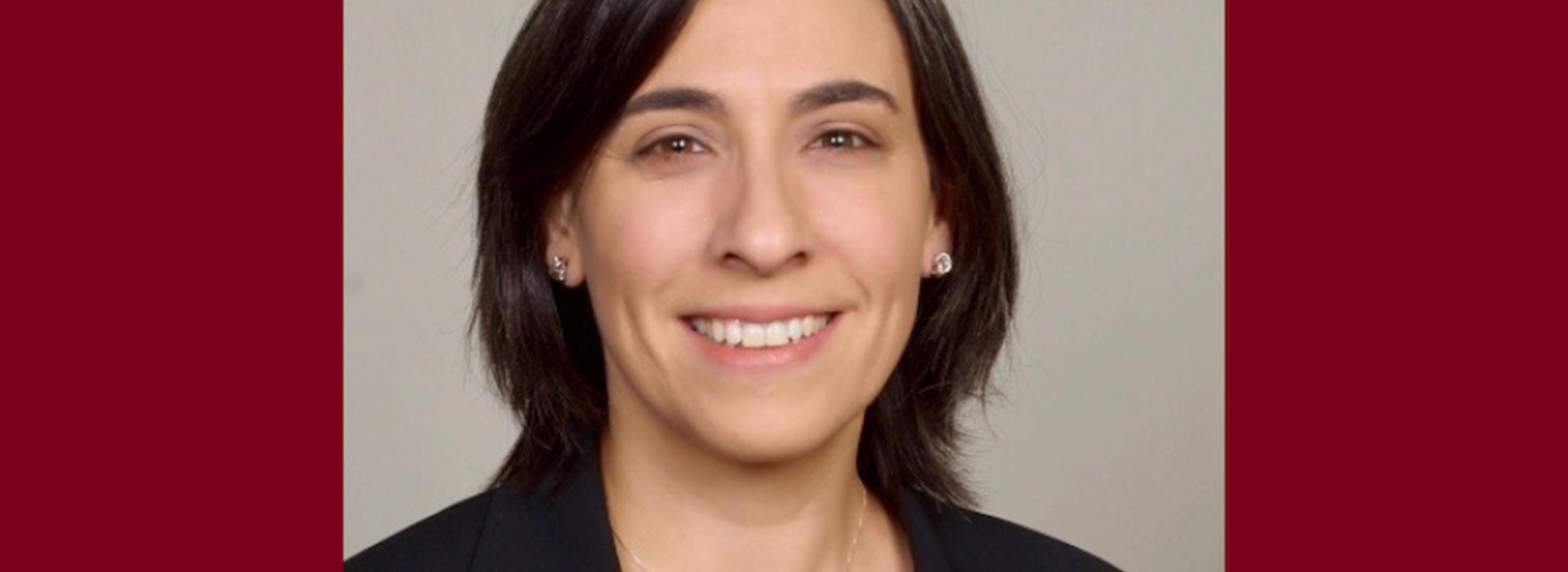
Radiation Oncology Residents Select Dr. Stephanie Terezakis for ARRO Educator of the Year Award
Every year, the Association of Residents in Radiation Oncology (ARRO) recognizes a resident-selected faculty member from each participating institution. This year, Stephanie Terezakis, MD, professor and head of the University of Minnesota Medical School’s Department of Radiation Oncology, was chosen for the 2020-21 ARRO Educator of the Year Award. The award honors outstanding faculty for their enthusiasm and commitment to the education of trainees.
“Receiving this award is incredibly meaningful to me, especially given that it’s chosen through a resident nomination,” Dr. Terezakis said. “Mentorship has always been one of the most exciting parts of my career. It’s really gratifying to hear that this teaching approach is helping them succeed.”
Dr. Terezakis' success as an educator goes back to her philosophy that residents can rise to educational challenges if they’re given the tools to succeed.
“Trying to strike that balance between recognizing they’re learners and understanding that giving and getting feedback is important in that process is critical,” Dr. Terezakis said. “Believing in our learners’ abilities can help give them the tools to be more successful than they sometimes think they can be. This can result in the pride of practice that we all seek to have as physicians.”
She also shows trainees how to go beyond the basics of radiation oncology and understand how to care for patients from a variety of social, emotional and family circumstances — a holistic perspective.
“I think taking care of the patient means more than just having your basic textbook knowledge. Having those interpersonal interactions and learning through patient experience is important,” she said. “I try to get residents involved in as many patient interactions as possible because there’s something to learn from each unique experience.”
Dr. Terezakis has also served as the department’s vice chair of research, which has influenced how she approaches training students.
“You can generate so many research questions from patient care, so I try to demonstrate how participating in research can really improve your level of care,” Dr. Terezakis said.
“Research is critical because these advances inform what we do day-to-day. For example, clinical trials are sometimes the best option for patients, depending on their circumstance. Even if you don’t want to become a researcher in the future, it’s really critical that you understand research, and training is the best time to gain a better understanding.”